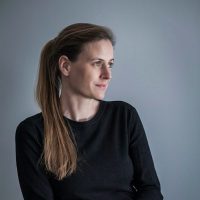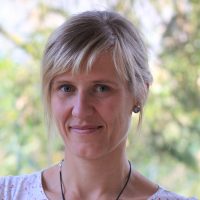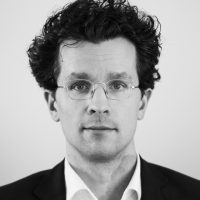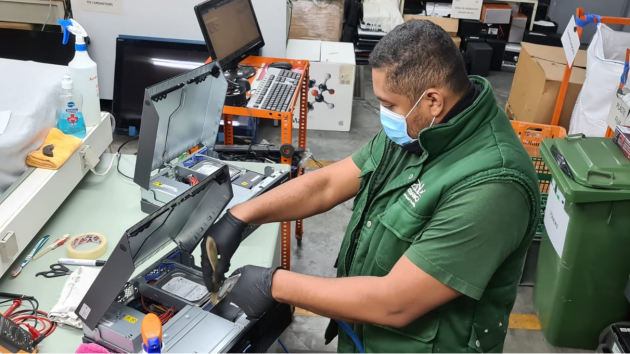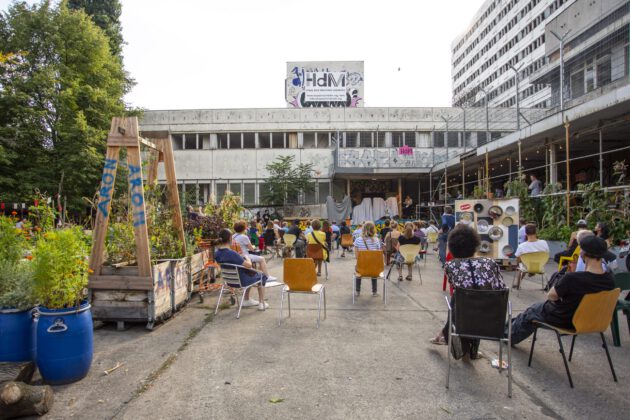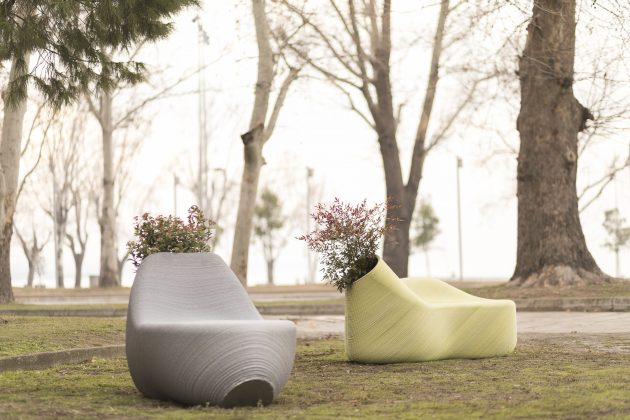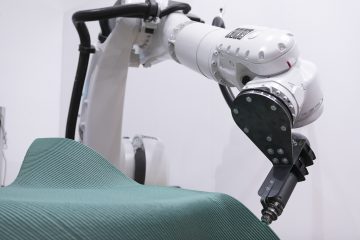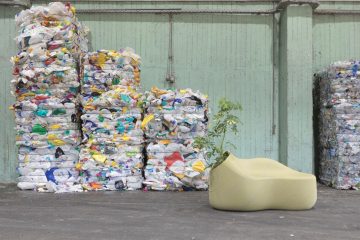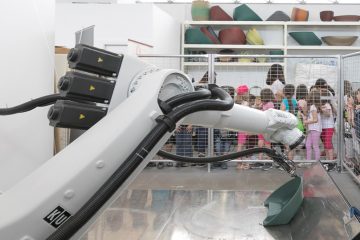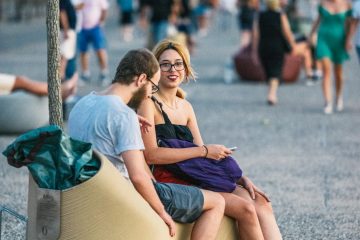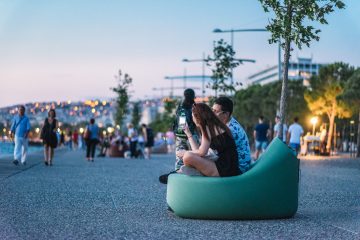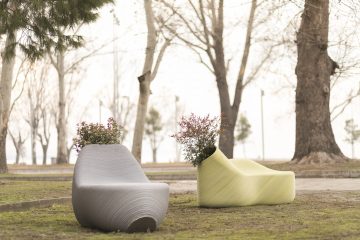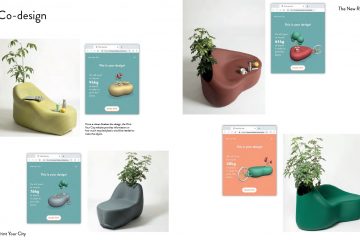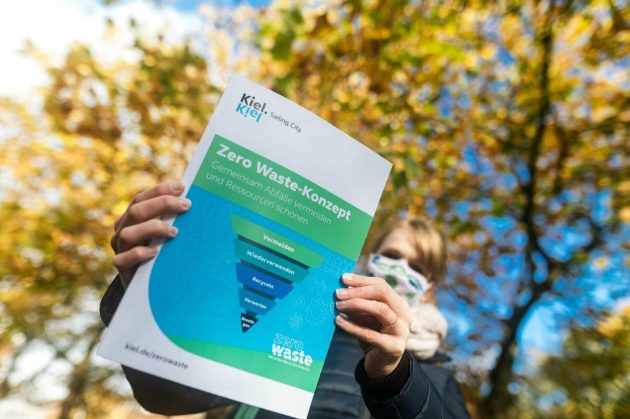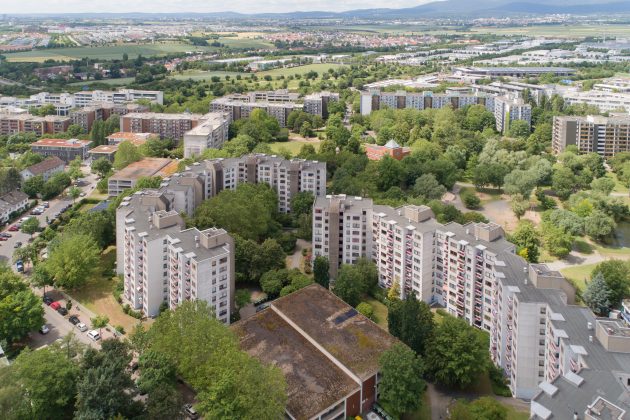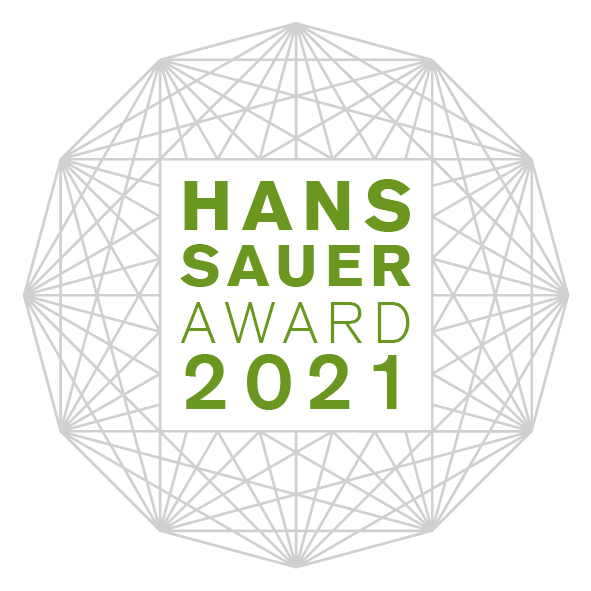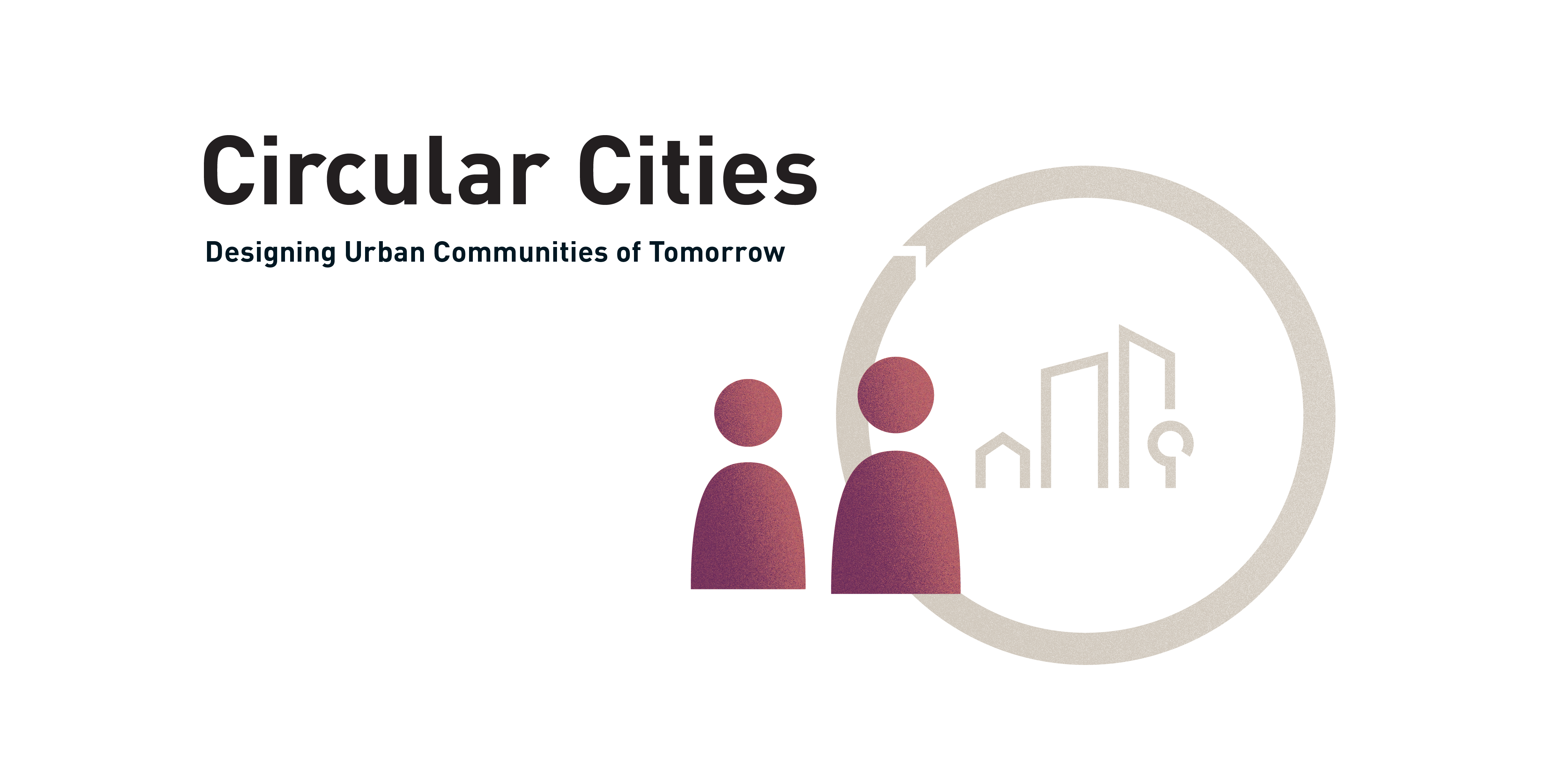
DESIGNING URBAN COMMUNITIES OF TOMORROW
The negative impact of the linear economic system is most noticeable in urban areas: Cities currently consume 75 percent of the extracted natural resources, produce 50 percent of global waste, and emit between 60 and 80 percent of all greenhouse gases. The UN forecasts further growth in urban population from just under 4 billion today to 6.5 billion in 2050 – a demographic trend that will intensify the problems of urban areas.More and more cities have become aware of their environmental and social challenges and are searching for new solutions. Many turned to one promising idea: circular economy (or circularity). Initially championed by international organizations and the corporate world, circularity is now considered a viable approach to tackle the challenges of urban areas, now and in the future. Circular economy departs from the continuous use of finite resources by decoupling economic activity from linear consumption. The ultimate goal is the reduction of waste and the creation of a closed-loop system. That is why the majority of pilots for circular cities prioritize technical solutions and material flows. These projects model circularity in line with today’s market structures and a focus on business – societal aspects are often left aside.
However, societal aspects such as participation, social justice, and quality of life are indispensable if circularity as a model is to foster genuine and comprehensive sustainability. In other words: We must broaden the concept of circular urban economies to circular urban societies.We believe: Circular societies are the key to sustainable solutions for the numerous challenges cities face today and in the future. The 2021 Hans Sauer Award “Circular Cities” therefore focuses on the societal aspects of circularity. The Hans Sauer Foundation is searching for new ways of cross-sector co-operation to transform cities of today into circular societies of tomorrow. And we need everybody – public authorities, citizens, businesses, civil society initiatives, and non-profit-organizations. Let us make the vision of circular societies a reality!
CATEGORIES AND AWARD
There are three award categories:
![]() Ideas:
Ideas:
Early stage, from small-scale to large-scale
![]() Strategies:
Strategies:
Mature ideas and long-term strategies; from initiatives to municipalities to cross-sectoral collaborations, from top-down to bottom-up; finalized strategies before implementation
![]() Best Practice:
Best Practice:
Proven and implemented examples
There is one award per category – three in total. The jury will contribute and allocate the prize money of 20.000 Euro in total to the respective categories.
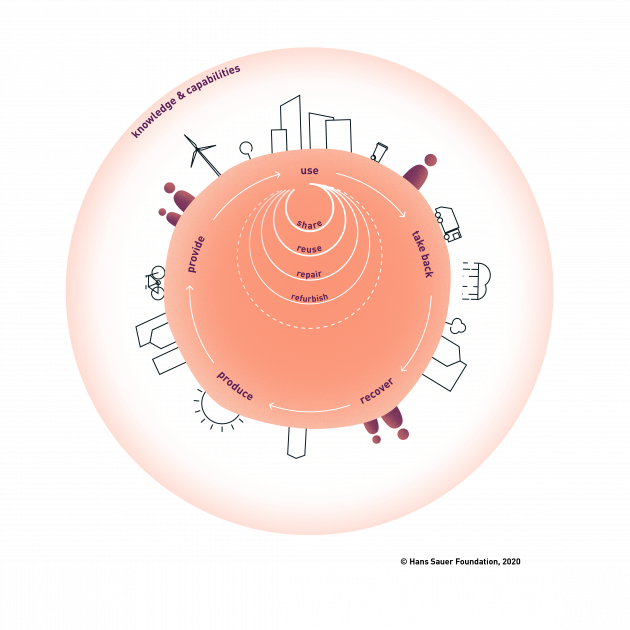
Download Call Hans Sauer Award 2021 (PDF)
The Jury
Silke Langenberg (ETH Zurich)
Full Professor of Construction Heritage and Preservation at the Institute for Conservation and Building Research and the Institute of Technology in Architecture at ETH Zurich. Before, she was Professor for Design and Construction in Existing Contexts, Conservation and Building Research at the University of Applied Sciences in Munich. Her research focusses on the optimisation and rationalisation of building processes as well as on questions concerning the development, repair and preservation of system buildings, digitally fabricated constructions and historic building stocks. // Bild (c): Bernhard Huber
Melanie Jaeger-Erben (Technical University of Berlin)
Melanie Jaeger-Erben is Professor for “Transdisciplinary Sustainability Research” at the Technische Universitaet Berlin. Melanie studied Psychology and Sociology in Goettingen/ Germany and Uppsala/ Sweden. Her professional expertise is in the areas of consumer research, changes in social practices, systems of consumption and production and material culture. She has broad methodical skills in qualitative social research, mixed methods and transdisciplinary research. Melanie is currently leading different research projects on causes and alternatives to linear and unsustainable systems consumption and production (challengeobsolescence.info, reparakultur.org) and investigates the conceptual roots and practical implementation of a Circular Society.
Benedikt Boucsein (Technical University of Munich)
Benedikt Boucsein studied architecture at the RWTH Aachen and the ETH Zurich from 1999 to 2005 and received his doctorate from 2005 to 2008 at the Institute for History and Theory of Architecture of the ETH under Andreas Tönnesmann on the „Grey Architecture“ of the post-war period. From 2007 to 2017 he researched and taught at the ETH Zurich for Felix Claus and Kees Christiaanse. In 2007 he founded BHSF Architects in Zurich with Axel Humpert and Tim Seidel (since 2020 also in Munich). Together with them and Jeanette Beck he edited the magazine Camenzind from 2005-2018. In 2018 he was appointed to the professorship for Urban Design at the TUM.
